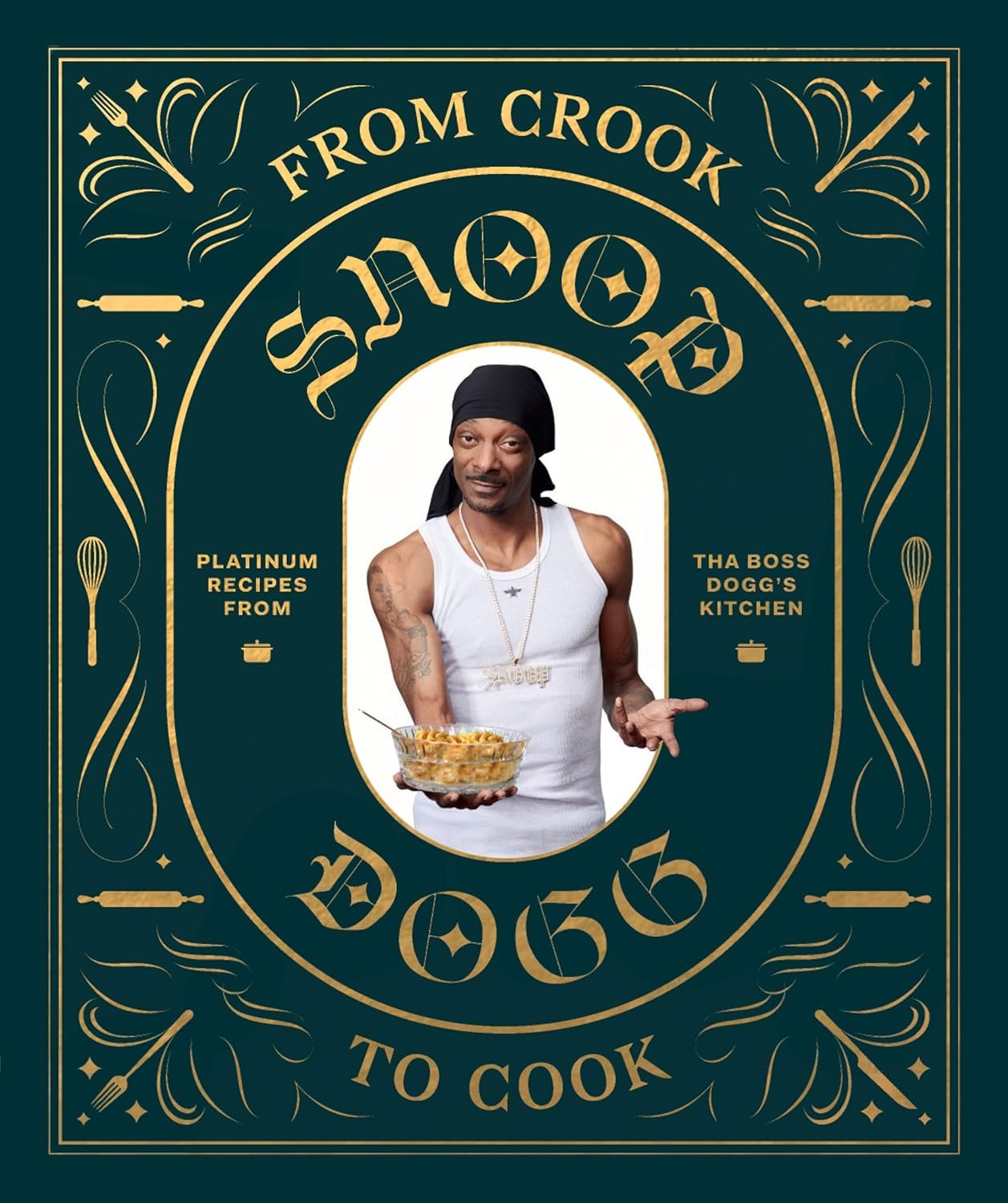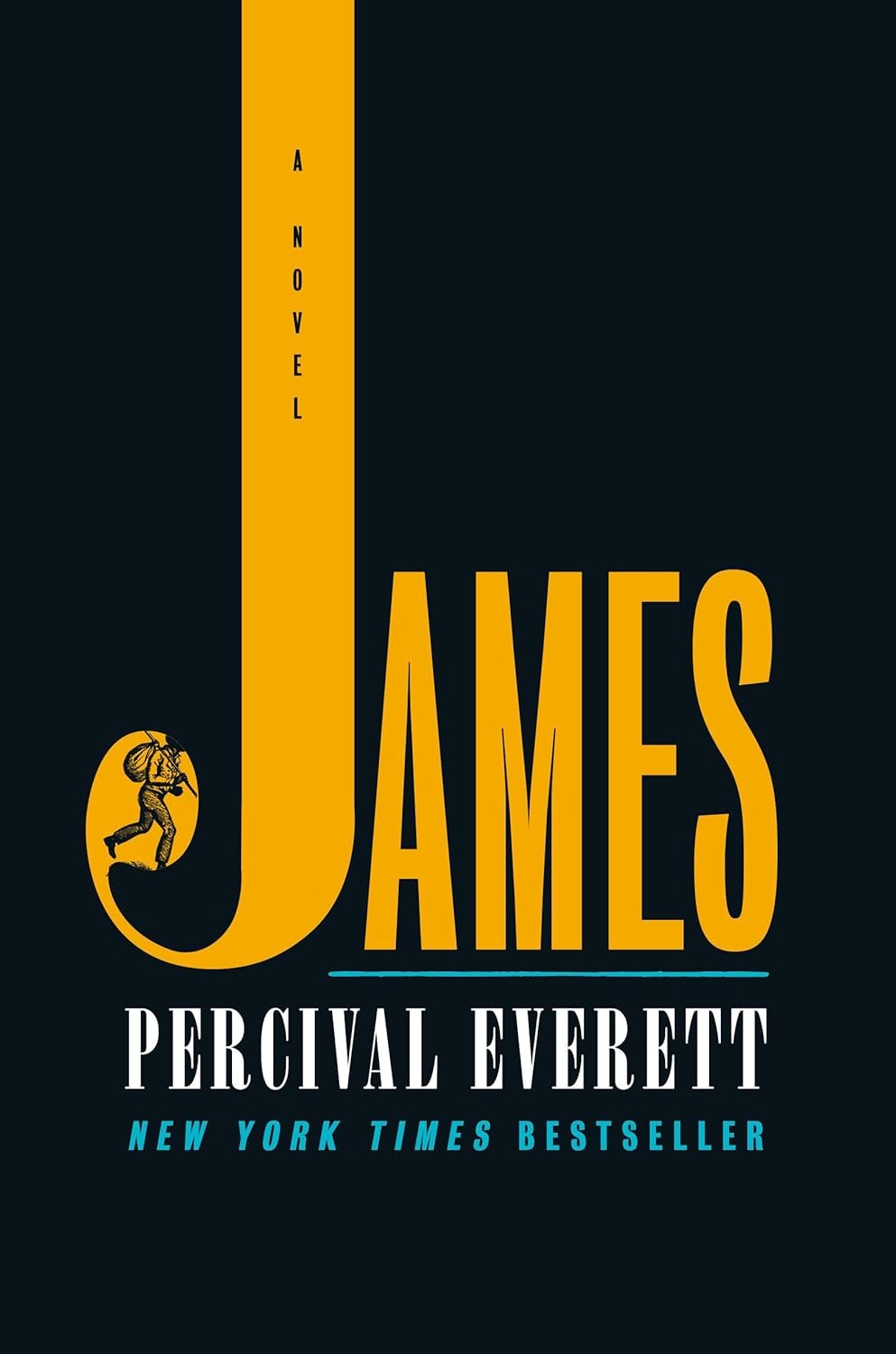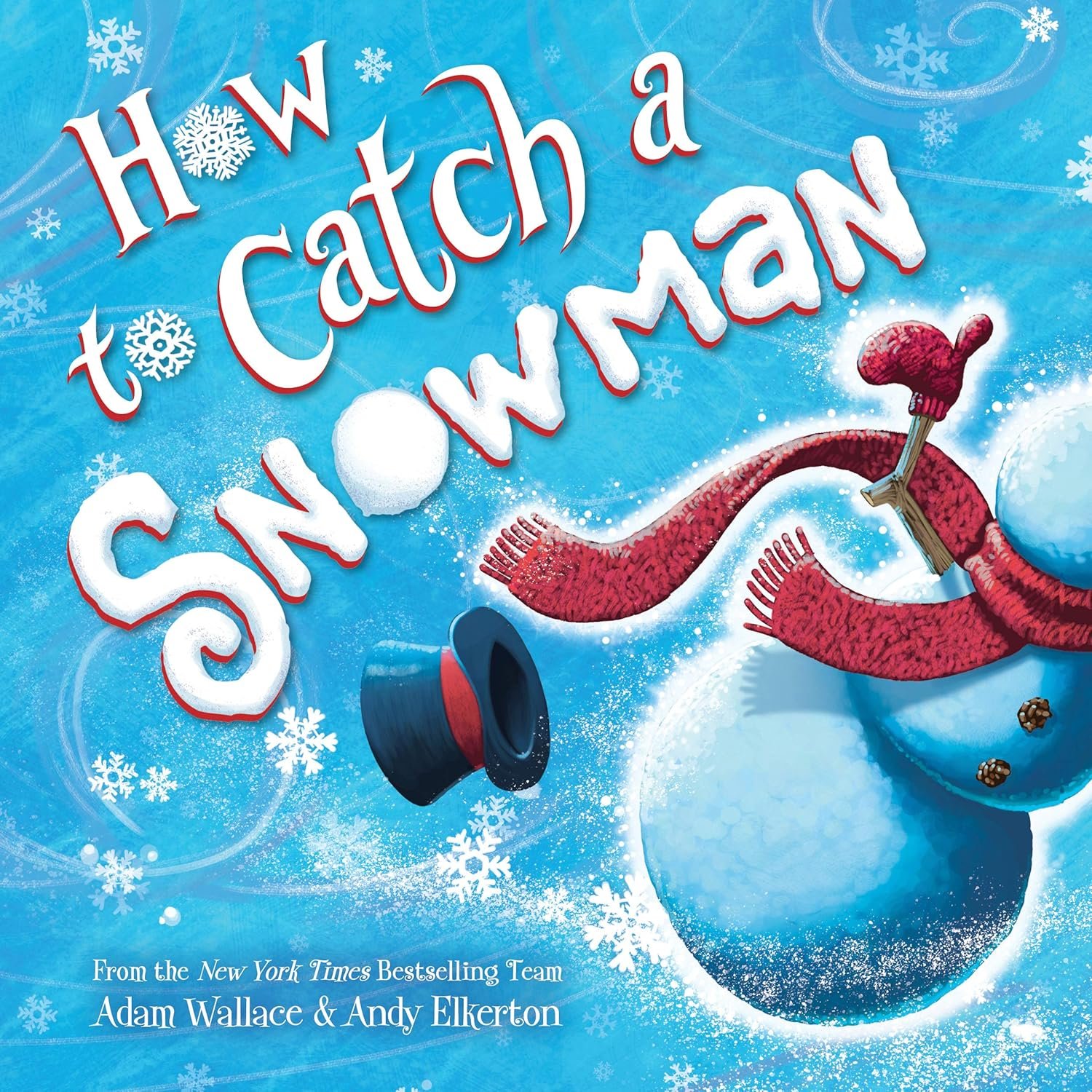By all rights, I should be dead. I shouldn’t be sitting at my desk, writing these words for you to read. I shouldn’t be drawing air—inhale, exhale, inhale—and staring at the stars, feeling how immense beautiful cold the world is now that I’ve evaded death, like a house guest who has overstayed their welcome. I don’t know what else fuels me to keep rising at dawn and continuing forward other than this: there is a song a story hiding in my scars. One that whispers to me, even though I have yet to fully capture the words.
“You should be buried in a grave,” the world says, so loudly it drowns out all other sound. And yet I press my fingers to the scars in my skin—soft, tender, warm as the blood beneath—and I hear, “There is a divine … There is someone who has kept you here,
breathing, moving, living.”
Roman’s hands slid from the typewriter keys. What he should have been doing was writing his next article for Dacre, except when he sat down to work, different words had emerged.
Night had just fallen, and the house was quiet. But if Roman focused, he could catch the faint rumble of Dacre’s voice, speaking on the floor below. He could hear the hardwood creak beneath walking boots, the rattle of the front door opening and closing.
Every day was like this, full of mysterious meetings and comings and goings. Roman remained out of sight on the upper floor, taking his meals in his room and transcribing for Dacre when the god visited with ideas for articles. Roman would have felt like a prisoner if he hadn’t experienced the terror of being locked in a chamber below ground.
He thought of the door in the parlor, opening into another realm.
Dacre wanted the next article ready to go by tomorrow, and Roman sighed, staring at his sad words. His head was aching, as if he had pushed his mind too far that day, trying to remember the years that remained lost to him. He rubbed his eyes and resigned himself to the fact that the words simply weren’t there to harvest that night.
He stood, shoulder blades twinging after hours of sitting. He extinguished the candles until he stood in the dark, breathing in shadows and wisps of smoke. Slowly, he felt his way to his pallet and lay down on the cold blankets, still wearing his jumpsuit and boots.
He must have been far more exhausted than he realized. Roman felt asleep within moments.
There was a girl. A small, dainty child with two braided pigtails, her hair the color of a raven’s feathers. The same shade as his. Her cheeks were rosy from the summer heat, and she was smiling, tugging on his hand.
“This way, Carver!” she cried.
Roman only laughed, letting her draw him across the grass. They were barefoot and wearing daisy crowns, which they could only do when their father was away. The garden unspooled before them with ivy-laden arbors and perfectly trimmed hedges. The roses had bloomed; bees and damselflies droned through the sultry afternoon light.
“Where are you taking me, Del?” he asked as his sister continued to drag him along.
“To a secret place,” Del said with a giggle.
They strayed toward the back end of the garden, into a thicket and out of sight from the grand house. Blackberries grew wild among the thorns, and Roman and Del ate handfuls of them, their fingers stained violet by the time they heard their mother calling for them.
“Roman? Georgiana? It’s time for supper.”
I remember now, Roman thought with a jolt. We like our middle names best.
More memories flared, melting into each other. Days Roman had lived that had once seemed dull and insignificant—the same routine, over and over—but were now comforting, spellbinding to rediscover. He hadn’t been alone in that vast, sprawling house. He had his sister Del, and she was light and courage and whimsy.
He saw the day she was born. The first time he carefully held her, the rain pouring beyond the windows. And then he saw the day she died. The pond reflecting the storm clouds overhead, her body floating face down—I just closed my eyes for a moment—and the ripples on the water as he flung himself toward her.
“Breathe, Del!” he cried, pumping her chest. Her lips were blue, her eyes open and glassy. “Wake up! Wake up!”
Roman startled awake.
He stared wide-eyed into the darkness as the dream settled like silt. His pulse throbbed in his ears and blood rushed hot beneath his skin.
It was only a dream.
But Roman could still taste that pond water, feel it drip from his hair. He could smell the damp earth of the shore, like it had only been yesterday when the water had stolen Del away.
He didn’t remember having a sister. But the dream had been so vivid, he couldn’t help but wonder if his mind was trying to help him recall those lost pieces of his past.
If this wasn’t just a dream, then it’s my fault that my sister is dead.
He covered his face with his hands, trying to swallow the tears. But the sobs racked him like a storm tide. Roman eventually curled on his side and let them shudder through his bones. He lay there until his weeping subsided. His throat was raw, his stomach ached.
If he remained here any longer, the pallet would feel like a grave. He forced himself to rise.
Flushed and bleary-eyed, he moved to the door. It opened, swinging crookedly on its offset hinges. To Roman’s surprise, Shane wasn’t posted in the hallway as guard. In fact, the corridor was empty and quiet, full of night’s deepest shadows.
Roman stepped into the hallway. He let his feet take him to the staircase and quietly descended, pausing only when the two guards at the front door met his gaze with brows arched in suspicion.
“I’m going to the kitchen,” Roman whispered hoarsely. “For a glass of milk.”
One of the soldiers gave him a slight nod. Roman continued on his way, drawn by the warmth and flickering firelight of the kitchen.
He expected it would be empty and was once again shocked when he saw that Dacre was sitting at the table, staring at a spread of maps. He cradled a glass of dark red ale in his large hands, and the sight was so domestic that it could have fooled Roman into believing that the gods were cut from the same cloth as mortals. That they were not so terrifying and omnipotent as humankind was bred to believe.
“Roman,” Dacre greeted him, his deep-timbred voice rising with surprise. “What has you up at such an hour?”
“I could ask the same of you, sir,” Roman replied, his gaze coasting over the maps. “Don’t divines need sleep?”
Dacre smiled and stood. He put his ale down and began to gather up the paper. “Perhaps we do, from time to time. But you’re a welcome sight and a reminder that I should take a break.”
A welcome sight, Roman’s mind echoed as Dacre set aside the stack of caramel-edged illustrations. And he doesn’t want me to see those maps.
“Here, sit,” Dacre said, drawing out one of the chairs. “Would you like a dram?”
“I didn’t mean to disturb you,” Roman replied. “I came for a cup of milk, actually. I used to drink it when I couldn’t sleep.”
A line furrowed Dacre’s brow. In the candlelight, he suddenly looked older, almost haggard. His eyes narrowed, gleaming like gemstones. “The typewriter is helping you remember?”
Roman nodded, but his tongue curled behind his teeth. He still wasn’t sure why Dacre had asked him to identify his old typewriter and then secretly given him the other.
Unless he doesn’t want me to remember.
The thought nearly struck Roman off-balance and he sank into the chair.
He watched as Dacre opened the fridge and withdrew a bottle of milk.
“We’re fortunate the people of this town left their livestock behind,” Dacre said as he poured a tall glass. “A thoughtful offering, or else my forces would be hungry. As would you, correspondent.”
“Yes,” Roman whispered, his thoughts preoccupied with the account Dacre had given him of Avalon Bluff, days ago.
They had walked the streets together, observing the damage. Some houses sat in heaps of rubble, charred from fire. Others had escaped the bombs’ destruction, but still held evidence of the terror with shattered windows and crooked doorways and pieces of shrapnel glittering in the yard. Roman had written it down in his notepad, but he had also transcribed what Dacre had said. In many ways, that account didn’t feel like Roman’s words at all.
“Whatever happened to that first article I wrote for you?” he asked. “The one detailing how you saved Avalon Bluff?”
Dacre set the milk in front of Roman before returning to his chair at the head of the table. Again, there was that faint metallic clink when he moved.
“Would you like to see it?”
Roman frowned. “What do you mean, sir?”
Wordlessly, Dacre pulled a folded newspaper from the stack near his elbow. He set it down with a plop, and Roman leaned forward, reading the dark-inked headline.
DACRE SAVES HUNDREDS OF WOUNDED IN AVALON BLUFF by ROMAN C. KITT
Roman’s heart slowed to a heavy beat. As if responding to a siren’s call, he reached out and took the newspaper in his hands, if only to read his words again in such fine print. To feel the ink rub off on his fingertips.
“The Oath Gazette,” he read aloud, admiring the paper’s calligraphic header. And there, deep in his chest, was a spark. “How far is Oath from here?”
“Six hundred kilometers to the east.”
“Is that where you’re heading, sir? To the city?”
“Yes. To reunite with Enva.”
The goddess’s name made Roman freeze. It felt familiar; Roman knew he had spoken it before.
“My wife,” Dacre supplied with a sharp smile. “She lived in the realm below with me, and while I loved her and gave her my vow … she was a trickster, biding her time and scheming to betray me.”
“I’m sorry.” Roman was uncertain how else to reply. “Is that what this war is about? A broken vow between you and her?”
“It is about far more than that, but I don’t expect you to understand, given that you are mortal and unmarried. You’ve never uttered a vow, or felt it settle in your bones like magic. You’ve never sworn yourself to another.”
Roman wanted to protest. His cheeks warmed, but he didn’t understand why. He forced himself to remain silent, listening as Dacre continued.
“I hoped that she would meet me halfway after I woke from my grave. That she would come to me; but she has chosen a coward’s path, remaining in Oath. It is now up to me to save this realm from her deceptions.”
More questions bloomed in Roman’s mind, but they withered when he hung on the word save. He saw Del again—her gaze vacant, her mouth full of water, her heart unresponsive beneath his frantically pumping hands. Roman hadn’t been able to save her in the dream, and he still felt bruised from that horrible mistake. A mistake that should never have happened. If it had happened at all.
“You’re thinking of someone,” said Dacre. “Or perhaps remembering them?”
Roman inwardly shook himself. Yet another foolish thing, to let his mind wander when he was alone with a god. “Yes. I had a dream.”
“You dreamt of someone you loved?” There was a sharpness in Dacre’s tone. “Someone from your past?”
Roman hesitated. “I dreamt that I had a little sister. Delaney.” He wasn’t sure how much to tell Dacre, but once he started speaking, the account flowed from him. It was strange how tasting the dream with his voice only made it more solid.
This really happened. His heart pounded the assurance through him. I had a sister, and I lost her.
Dacre was silent for a few moments, as if weighing the dream. But when he spoke, his words were the last thing Roman expected.
“Did you know I also have a sister? She is one of the remaining Underlings in this realm, sung to sleep in a grave south of here.”
“Alva?” Roman said, reflexively. He had a faint recollection of a schoolroom, a map of Cambria pinned on the wall, a teacher droning on about the five divine graves in the realm. The gods we championed and buried—Enva Skyward, Dacre Underling, Alva Underling, Mir Underling, and Luz Skyward. The gods who will be captive to eternal sleep.
“Yes, Alva,” Dacre replied, his voice softening on her name. “We shared the same mother, hence why the two of us were bound for everlasting trouble, even though our powers, compared to others of our kin, were quite harmless.”
“Your powers?”
“Did they fail to teach you about the full breadth of divinity in that school of yours?” But Dacre didn’t give Roman a chance to respond. “Of course they did. Mortals are often afraid of the things they don’t understand.”
“I know that you heal, sir,” Roman said, tracing the scars around his knee. “But what was your sister’s power?”
“You mean what is her power. She only sleeps, as I once did. She’s not dead.”
“Y-yes, of course. Forgive me, I only meant—”
“Alva is the goddess of dreams,” Dacre interrupted. “Of nightmares.” Roman stiffened. He could still feel his own nightmare shadowing him,
and he drank a sip of milk, trying to chase away that hint of pond water and anguish.
“When we were young, our powers seemed harmless amongst our own kind and we never worried about them being stolen from us,” Dacre continued. “For gods rarely need sleep, and our bodies can heal themselves. What good are healing and dreams amongst divinity? But it was a much different story when it came to mortal kind. You bleed and break. You crave sleep, even as it makes you vulnerable. You dream to make sense of the world you are in.”
“Is that all it was, then?” Roman asked. “My dream of Del?”
Dacre sighed and leaned closer. “I will tell you what Alva told me long ago. For she has walked many mortal dreams. Sometimes your kind dreams of things you wish had happened. The images are wrapped up in your present emotions, or the troubles you are currently facing. Your envisioning of a little sister is a simple expression of how much you long for family, to be known. But that’s all it is: just a dream.”
Roman swallowed. The god’s words, although kindly spoken, landed like darts.
“You disagree?” Dacre said.
“The dream,” Roman said, but his voice was faint. “It felt real. I saw the house I grew up in. I saw my father, my mother. Heard their voices. Walked through my old room. All the details … I just don’t see how I could make them up.”
“Do you want it to be real?” Dacre countered. “Would it make you feel better about yourself to know you had a sister, but that it was your fault she drowned?”
Roman couldn’t speak. The lump returned to his throat; it tasted sour like guilt, catching his breaths.
“Roman?”
“I’m not sure,” he whispered, clenching his eyes closed.
“Perhaps I should ask you this. Even if the dream was real, which I believe it wasn’t, do we live by our past, or do we live by what is to come? Do we choose to waste time looking behind to things that have already happened and cannot be changed, or do we keep our sight forward on what we can see?”
Roman’s eyes opened. He focused on the candlelight, the glass of milk before him. The shadow of a god, cast over the table. “Forward, sir.”
“Good lad.” Dacre reached for a piece of paper in the stack at his elbow. It looked like a typed missive, crinkled and bloodstained. It took Roman a second to realize that he was being dismissed. “If you have any other dreams, I’d like to hear them, Roman.”
“Yes. Of course, sir.” Roman stood and finished his milk, setting the glass in the sink. But he stopped at the table once more, reaching for the
newspaper. “May I keep this?”
“If you want it, it is yours. But I do hope your next article will be ready in the morning?”
Roman tucked the Oath Gazette beneath his arm. “I’m afraid I might need a little more time.”
Dacre was quiet. The firelight flickered across his face, turning his hair a dark shade of gold. “Tomorrow, then. Have it ready for me to review by sundown.”
“Thank you, sir.” Roman began to leave but paused on the kitchen threshold to glance behind him. A god sitting at a table, sipping ale, reading a blood-splattered page. This honestly felt more like a dream than the one about Del.
Dacre felt the draw of Roman’s stare and glanced up. “Is there something else?”
“No.” Roman gave a hint of a smile. “Thank you for the milk, sir.”
It didn’t hit Roman until a few minutes later, when he was back in the safety of his room. He lit a candle and sat at his desk again, studying his headline in the Oath Gazette.
Roman C. Kitt.
He had remembered his first and last name days ago, but his middle initial? He hadn’t included it in his typed article. He hadn’t known his middle name at the time. Someone else had added that C. to his byline, whether it was Dacre or a newspaper employee. Someone else. Roman felt tension coil in his stomach until he heard Del’s sweet voice echo through him.
This way, Carver.
Slowly, his hands found their place on the typewriter keys.
Once more, he tried to type for Dacre. The article he wanted Roman to spin about his healing mercies and powers. And once again, different words flowed out.
My name is Roman Carver Kitt, and this is a dead man’s story.





